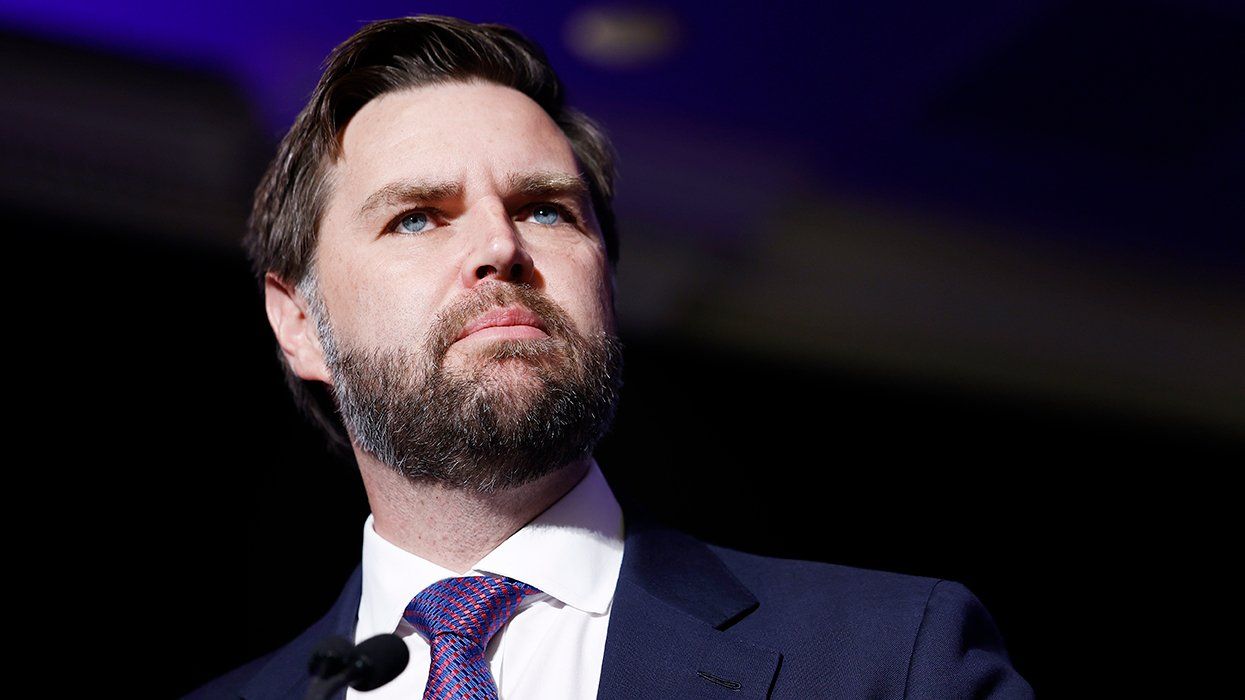Ohio Republican U.S. Sen. JD Vance’s journey from a troubled childhood in Appalachia to the halls of the U.S. Senate to being former President Donald Trump’s running mate has been the subject of much ink, yet his contradictory stance on LGBTQ+ rights is coming under scrutiny. Vance’s memoir, Hillbilly Elegy, contains a revealing anecdote about his childhood belief that he was gay. Influenced by a preacher’s condemnation of homosexuality, young Vance feared he was destined for hell simply because he disliked girls and cherished his friendship with another boy.
Vance’s grandmother, whom he referred lovingly to as “mamaw” during his acceptance speech at the Republican National Convention last Wednesday, was a central figure in his upbringing. She swiftly dispelled his fears with a blunt question and an assurance of divine love, regardless of his sexual orientation. This experience, which might have instilled a sense of empathy and understanding, starkly contrasts with Vance’s political actions. As a senator, Vance has positioned himself as a staunch opponent of LGBTQ+ rights, focusing particularly on restricting transgender rights.
Vance’s opposition to affirming one’s identity is complicated by his decision to change his name, not once, but twice. He was born James Donald Bowman and took the surname Hamel from his stepfather before finally choosing the name Vance to honor his grandmother, The New York Times reports. Critics argue that Vance’s childhood experience should have fostered empathy and understanding toward the LGBTQ+ community. Instead, he has used his platform to undermine their rights, leading to accusations of hypocrisy.
Vance’s legislative actions have also drawn significant criticism. He introduced a bill to criminalize gender-affirming care for minors, arguing that such medical interventions are harmful and should be banned. He has also decried the inclusion of a third gender option on passports, branding it as a waste of taxpayer money. “There are only two genders — passports issued by the United States government should recognize that simple fact,” Vance wrote on his congressional website while pushing his bill, the Passport Sanity Act.
Vance has made other significant changes to his identity throughout his life, including his religious beliefs. Raised by blue-dog Democrats, he embraced conservative values, though he was a never-Trump Republican until he joined the U.S. Senate in 2022. He recently became a vocal supporter of Trump. The Times notes that his journey from a skeptical observer to a key player in Trump’s political circle highlights his adaptability and willingness to shift his identity for political gain.
Vance’s narrative, as detailed in Hillbilly Elegy, is one of struggle and transformation. He has spoken openly about his troubled childhood, experiences with various father figures, and his journey through the military and Yale Law School. These experiences have shaped his political views, revealing a man who has constantly reinvented himself. This makes his rigid stance on transgender rights all the more perplexing.





































































Charlie Kirk DID say stoning gay people was the 'perfect law' — and these other heinous quotes